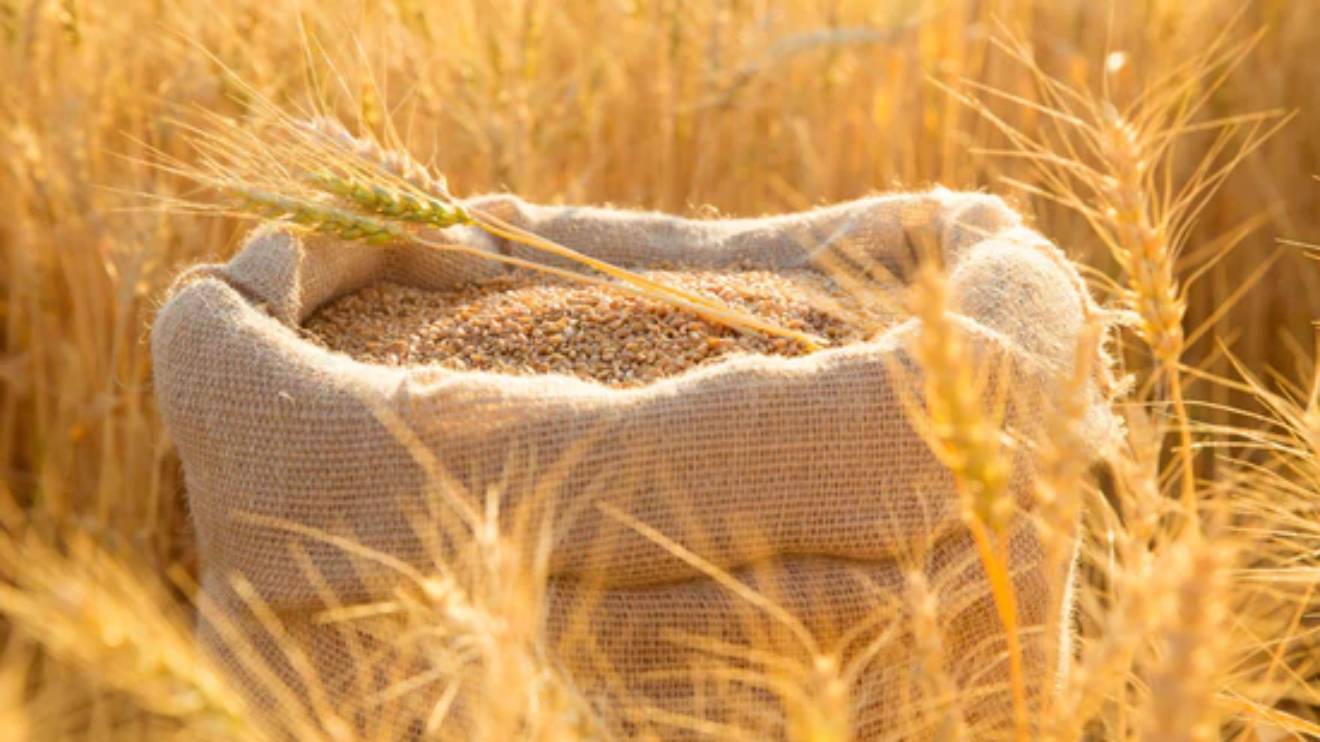Wheat farmers in Kenya have received a reprieve after the government banned the importation of the commodity to shield the local market from low-priced imports that threaten to destabilise prices.
Agriculture Principal Secretary Dr Paul Kipronoh Ronoh, speaking in Eldoret, announced that the suspension would remain until millers exhaustively purchase the locally produced wheat at favourable prices and promptly settle payments to farmers.
“No miller dealing in wheat will be allowed to import the produce until all the wheat locally produced is mopped up and utilised by the millers,” Ronoh stated.
The government has raised the minimum prices for top-grade wheat to Sh5,300 per 90-kilogramme bag, up from Sh5,200 last season.
Millers must also buy grade 2 wheat at Sh5,200, with room for negotiation only permitted for grade 3 wheat, as stipulated by the Agriculture and Food Authority (AFA).
Read More
The pricing shall apply as at traditional buying centres of Narok, Nakuru, Eldoret, Nyahururu and Timau," AFA noted.
Despite these measures, many farmers remain discontented with current market prices, which are significantly lower.
Most millers are reportedly purchasing wheat at Sh4,800 per 90-kilogramme bag during the harvest season, a figure farmers argue is insufficient to cover rising production costs.
Kenya’s annual wheat production stands at 2.2 million metric tonnes, meeting just 5 per cent of the country’s demand and necessitating imports to bridge the gap.
The Rift Valley, the country’s breadbasket, produced 4.5 million bags of wheat last season from 127,825 hectares of land, falling short of its potential output of 6.2 million bags.
In Uasin Gishu County, the acreage under wheat cultivation dropped from 40,000 hectares to 18,000 hectares last season.
Farmers have attributed this decline to challenges such as rust, climate change, and volatile markets.
Ronoh acknowledged delays in payments to farmers, stating, "What we know is that most wheat farmers have not been paid for the produce purchased but we have had meetings with millers on how to mop up the produce and pay farmers their dues."
He added that the government is committed to motivating farmers to increase wheat production and ensuring they are protected from exploitation.
"The government has put in place measures to motivate farmers to increase crop productivity in order for the country to attain food security," Ronoh said.
Meanwhile, consumers have felt the pinch of reduced wheat supply, with bread prices surging by 16 per cent in recent months.
A 400-gramme loaf now costs Sh80, up from Sh70, while an 800-gramme loaf retails at Sh130, up from Sh120. Bakers have cited the declining availability of wheat flour and other factors in the price hike.
The government’s intervention aims to stabilise the market and encourage farmers to reclaim wheat as a profitable venture, paving the way for a more secure food future for the country.







-1727286472.jpg)

-1751561078.jpg)